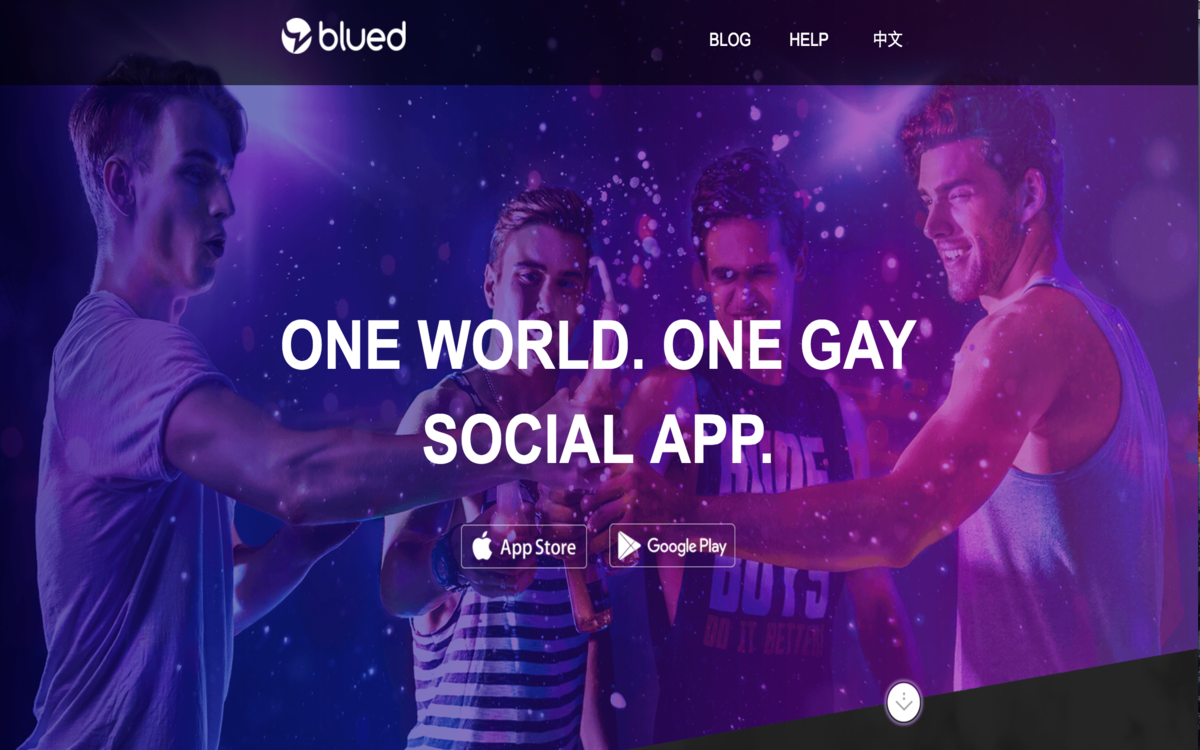New regulations require platforms to register expat users with Ministry of Culture.

Chinese fans of foreign live-streamers might have to wait a while for the next broadcast. As new regulations come into effect, some platforms have chosen to take expats off the air.
Multiple foreign users have received suspension notices from major live-streaming apps, including Blued, China’s most popular gay social networking app, and Yizhibo, which is backed by microblog platform Weibo.
The culprit is a new set of regulations that came into effect in January and have given the government stricter control over China’s wildly popular live-streaming apps. For one, the rules require online broadcasts to “be beneficial to the promotion of socialist core values.” The 10th article specifies that platforms should not allow hosts from outside of China to open channels without first applying to the country’s Ministry of Culture.
According to an employee of one of the biggest streaming companies, who requested anonymity because he was not authorized to speak on the record, the problem with the new regulations is that there are no details on how to apply. Live-broadcasting platforms have dealt with the uncertainty in a variety of ways. At the employee’s company, old users are allowed to continue broadcasting, but new foreign users cannot sign up for the time being.
Blued, however, has taken all non-Chinese users offline. Anton, who hails from Ukraine and now lives in Chongqing, southwestern China, joined the app two years ago and had been a live-streamer for about six months before his signal was suddenly cut off during a broadcast session on Jan. 12. “The app sent me a message saying I had broken some rules, but I was just broadcasting, talking about some boring stuff as usual,” said the 22-year-old, who only gave his first name. “Then, staff told me there was a new national regulation.”
Blued sent Anton an apology but stated that it had no solution to his problem. Zou Shenglong, who works in the company’s public relations department, told Sixth Tone that foreign users have encountered this issue because the company is implementing the new regulations. “Many rules haven’t been elaborated on. We, as a platform, are waiting for details to come out,” said Zou.
Egyptian expat and Beijing resident Mohamed, who declined to give his surname, uses Yizhibo to communicate with his followers on Weibo. The 28-year-old told Sixth Tone that he was asked in December — after the regulations had been announced but had not yet come into effect — to verify his identity on the app but was not given the option to enter a foreign passport number. “If it requires verification, then it should have options of passport numbers,” said Mohamed, who added that he had no idea at the time that new regulations had been issued.
Gao Zhurong, an employee in the public relations department of Xuanyixia (Beijing) Technology Co. Ltd. — which operates the Yizhibo platform — told Sixth Tone that the real-name verification system required by new regulations only supports mainland Chinese IDs. “We have asked relevant monitoring departments how to provide broadcasting services for foreigners but haven’t yet received detailed procedures, so we are maintaining open communication about the matter,” said Gao. Feng Yu, another PR representative, emphasized that the platform has “always operated with proactive respect for the country’s relevant regulations,” and that any specific action taken would be in accordance with the relevant departments’ policy enactments.
With the early growth of the live-streaming industry going unregulated, government departments are now keeping a closer eye on service providers as well as users. In September 2016, China’s official censor — the State Administration of Press, Publication, Radio, Film, and Television — stipulated that platforms should ensure “safe” live-streaming content. Two months later, the Cyberspace Administration of China introduced a rule requiring broadcasts on current affairs to obtain qualifications and receive approval from censors before being allowed to air.
Nevertheless, live-streaming remains hugely popular. Hosts can monetize their large followings by exchanging virtual gifts for money, and for some, live broadcasting has become a full-time job. The new regulations mean that on Yizhibo, foreigners currently cannot withdraw the money they have received — but both Anton and Mohamed said they just live-stream for fun. “As a foreigner, I use live-streaming apps to exchange cultures,” Mohamed said. “I think that is also important.”
— This article originally appeared on Sixth Tone.





